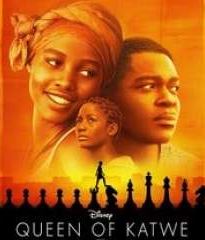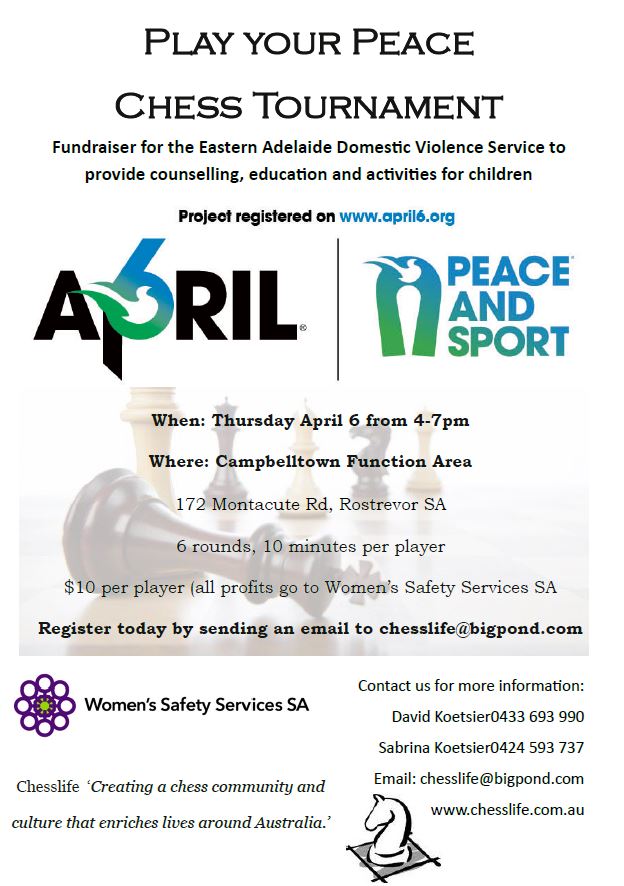We’ve known for a while (and have certainly been writing about it at Chesslife) that chess is great for our brain, but we often don’t speak about the way chess has changed the world for the better. In terms of politics, human rights and global relations, chess has kept the world moving forward.
While his chess career peaked over forty years ago, Bobby Fischer’s influence on America is still felt today. He was the first American to bring chess to the forefront of the country’s mind, and to show that the US could compete on the grand stage with Russia.
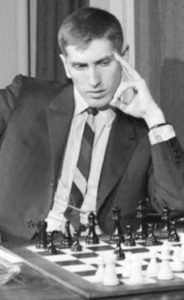
Stephen L. Carter wrote of the atmosphere of the historic time in 1972 when Fischer player Spassky. ‘The two best players in the world were playing 24 games in Iceland, and everyone paid attention. Strangers who had never picked up a chess piece discussed the match on subway trains. Newspapers put out special editions announcing the results of the games, and vendors hawked them from the corners, shouting out the name of the winner.’
Recent Disney movie and biopic, Queen of Katwe is all about the power of chess and the people who play it. All about the life of Ugandan girl Phiona Mutesi, the film shows her journey from living in a slum in Katwe to becoming a Woman Candidate Master and playing at the World Chess Olympiad. Mutesi has gone down in history as one of the first titled woman Ugandan players.
Phiona hasn’t been the only person in Africa to be inspired by chess. Maurice Ashley, the first African American International GM, will soon be embarking on a professional training tour for 18 weeks to visit Kenya, Rwanda, Botswana, Namibia, Tanzania and Zambia. The program, made possible by the Paul Allen Foundation and the Kasparov Chess Foundation, will bring three GMs to Africa to provide structured chess training. The program will touch the lives of over sixty local trainers and an expected 1,500 children.
When we’re talking about chess changing the world, we can’t forget the work of former World Chess Champions who have used their platform to promote chess and help the community around them. Garry Kasparov has created non-profit foundation that advocates chess for kids of all ages, backgrounds and gender. He is also a well-known activist and humanitarian, known for speaking out against Putin. ‘At the end of the day, every dictator, after eliminating all the enemies inside his own country, will look for enemies outside’, he has publically stated. ‘[His] main philosophy is confrontation’.
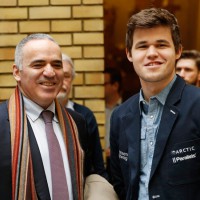
In a conversation with Slate, Kasparov even spoke about Putin in the context of chess: ‘Putin, as with every dictator, hates chess because chess is a strategic game which is 100 percent transparent. I know what are available resources for me and what kind of resources could be mobilized by my opponent…Dictators hate transparency and Putin feels much more comfortable playing a game that I would rather call geopolitical poker.’
Other world champions are no different. Vishy Anand opened his own home in 2015 to feed and house people in the slums who were effected by floods in Chennai, India. For many of those children, they were delighted to learn that the house belonged to a man they had learnt about in school. Judit Polgar, while not a World Champion but known as the best woman chess player in recent history, has worked tirelessly along with her sister, Susan to enhance chess’ image and to encourage young girls to pick up the game.
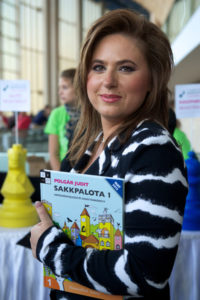
It is definitely true that chess has changed the world, but we think that perhaps it has more to do with the wonderful people playing chess than the game itself. Either way, we are excited to see how chess changes the world in the future.
If you would like to make a difference by playing chess, we would love to have you at the Play Your Peace tournament in Campbelltown, South Australia on Thursday April 6. Entry is $10 and all profits will go towards Women’s Safety Services SA to provide counselling, educational initiatives and activities for children effected by family violence.
